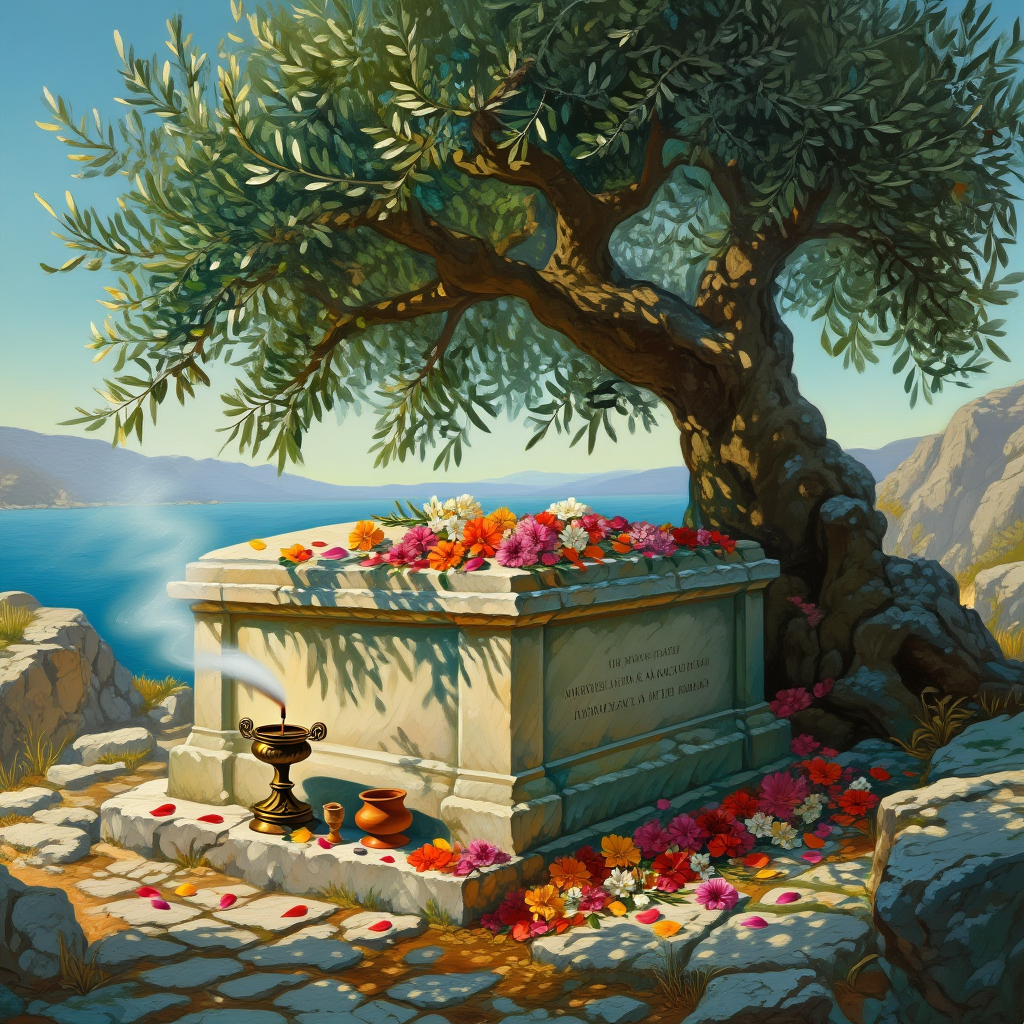About Dr. Dennis Stevens
Dennis Stevens is an artist, educator, and researcher exploring symbolic cognition, AI governance, and veteran experience. He created Poewell, a constitutionally governed visual storytelling platform that supports symbolic meaning-making for veterans.

U.S. Coast Guard veteran, visual artist, and author of Sacred Descent of the Warrior and Memoir of an Esteemed Dipteran (written under a nom de plume).
I hold a Doctor of Education in Art and Art Education from Columbia University's Teachers College and founded the Sempergeist Institute (operating as Conway Cultural Development Corporation), a creative placemaking nonprofit serving veterans and first responders through art, ritual, and visual storytelling to support meaning-making, moral repair, and long-term healing. I am an alum of Save-A-Warrior Cohort 0268 and Warrior PATHH Cohort MTTAWP051.
My current work centers on Poewell, a constitutionally governed visual storytelling platform that supports veterans and others navigating profound loss in expressing and inhabiting complex emotional and moral experience through guided narrative exploration and evolving visual worlds. Drawing on AI-assisted imaginal environments and peer cohort participation, Poewell offers nonverbal pathways for meaning-making while preserving participant autonomy and dignity through ritual grammar and metacognitive scaffolding.
My work explores trauma and moral injury beyond purely clinical or technical frameworks. Grounded in older intellectual lineages and symbolic cognition, metaphor, and narrative, it distinguishes repair from healing and treats suffering as an embodied process to be lived with and oriented to, rather than solved or performed.





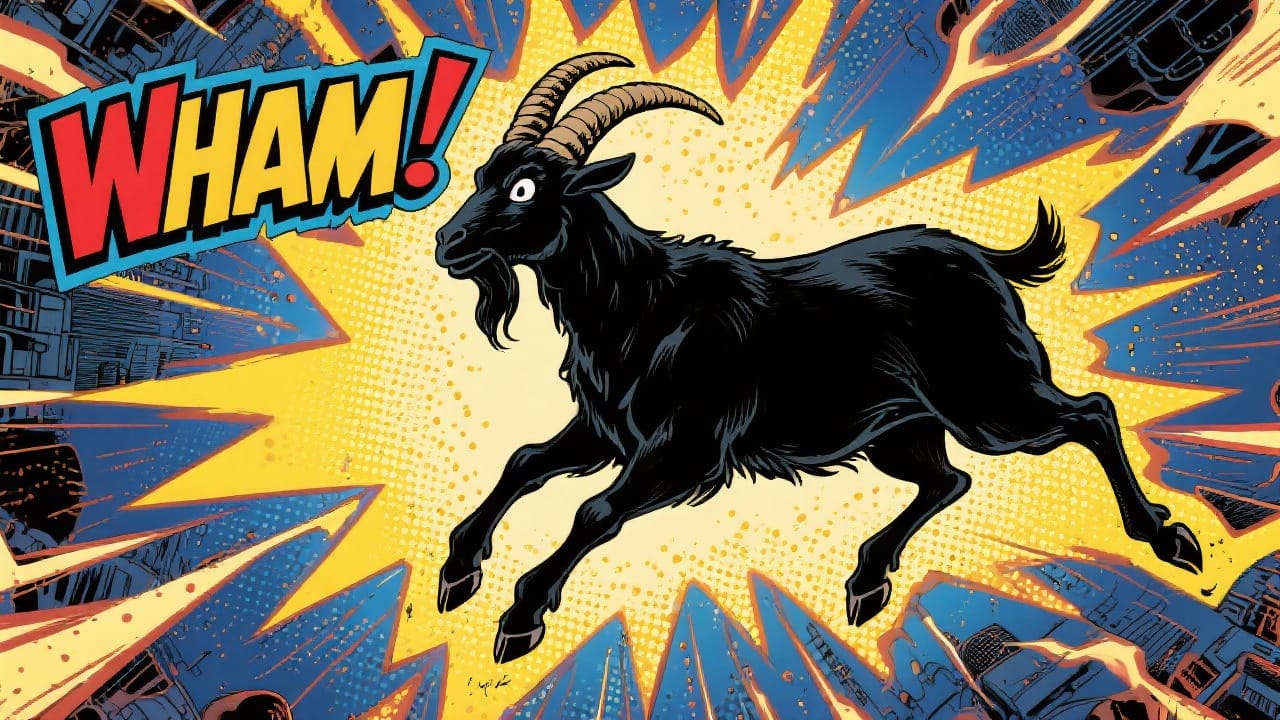
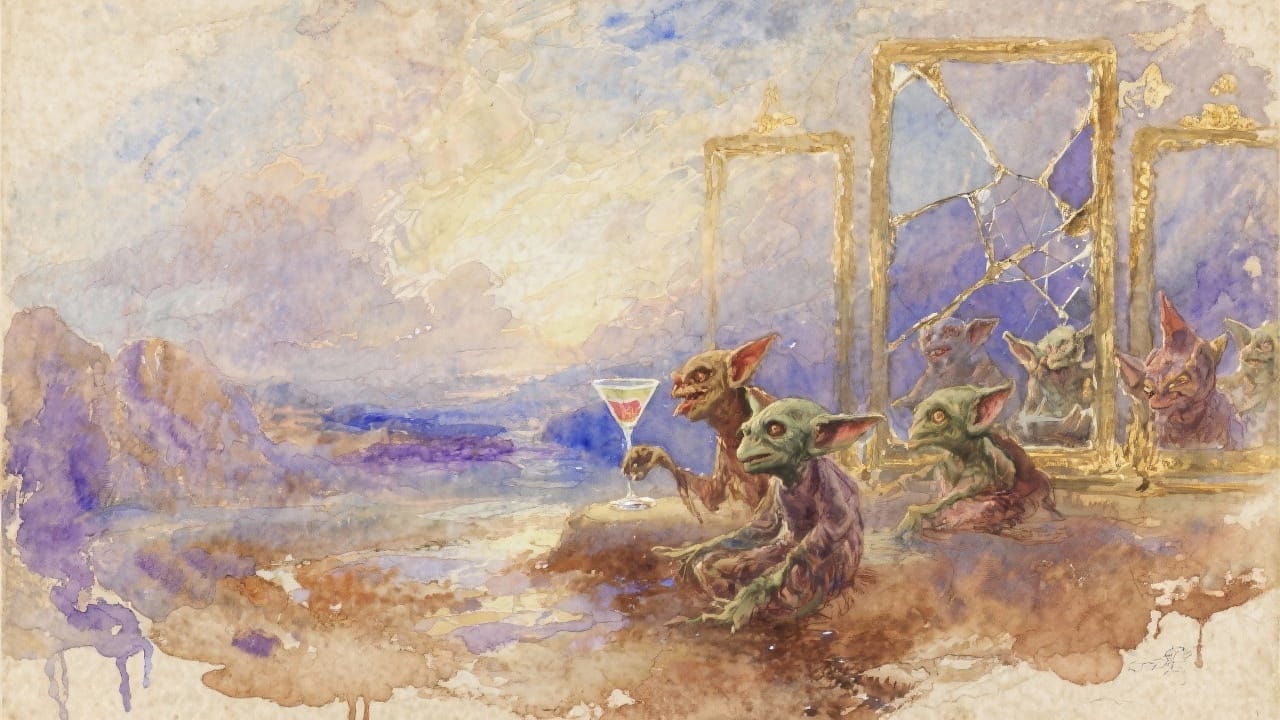
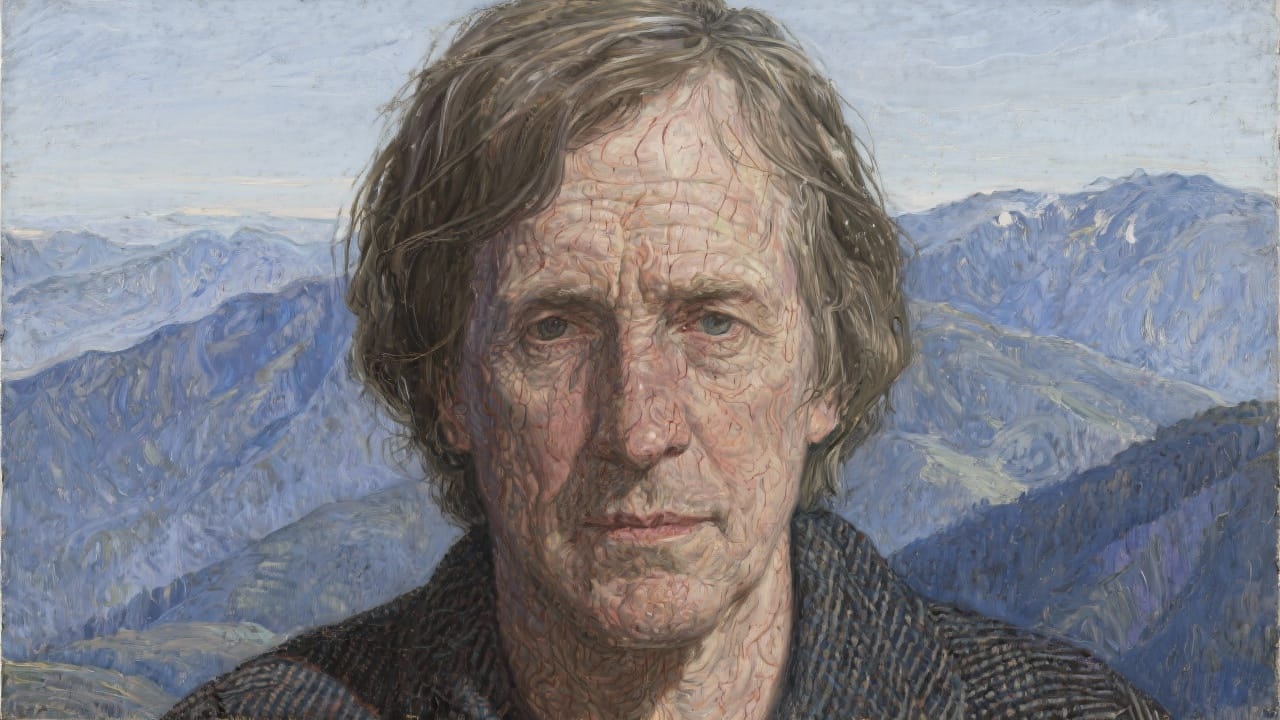
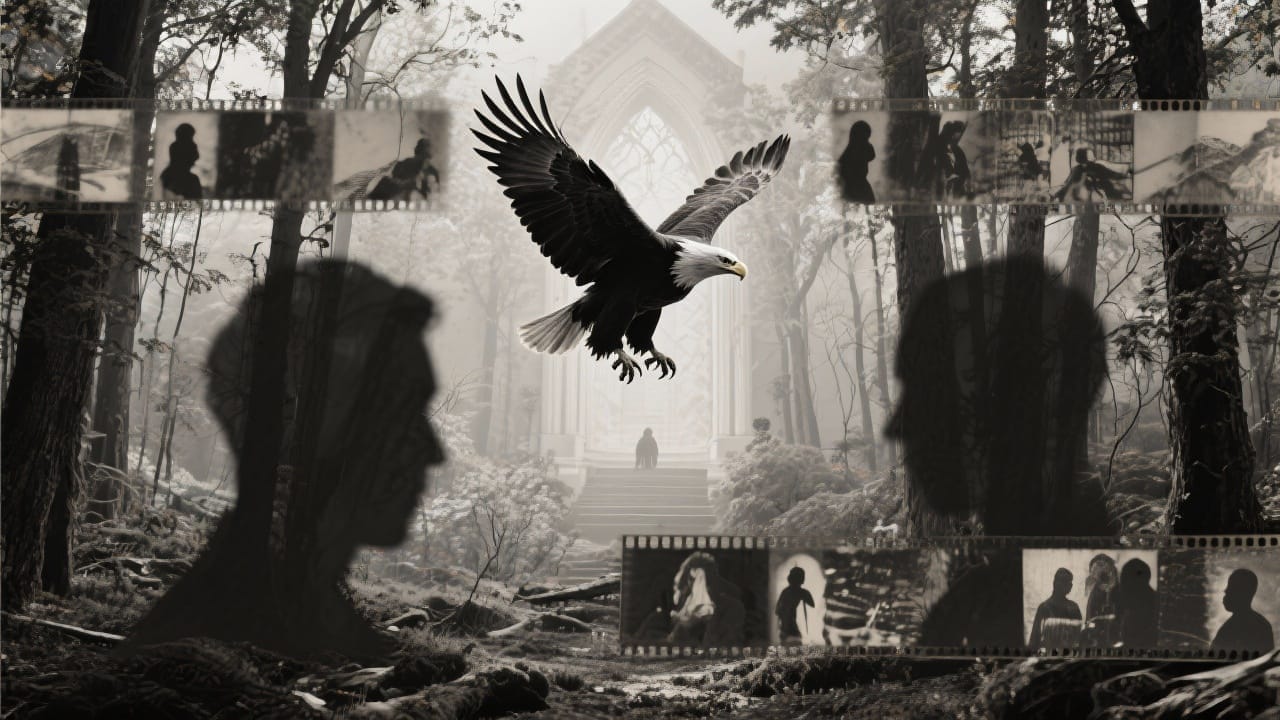
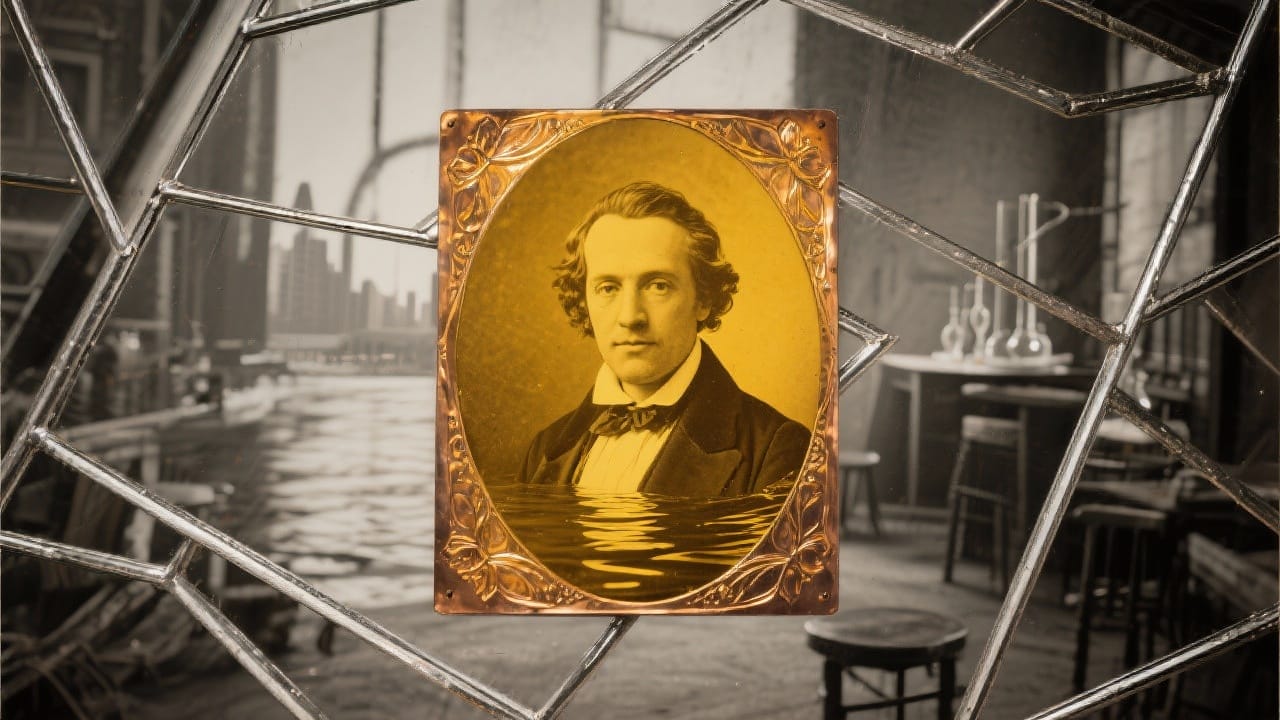
Example Digital, Narrative Artworks by Dennis Stevens, Ed.D., created via the Poewell platform
